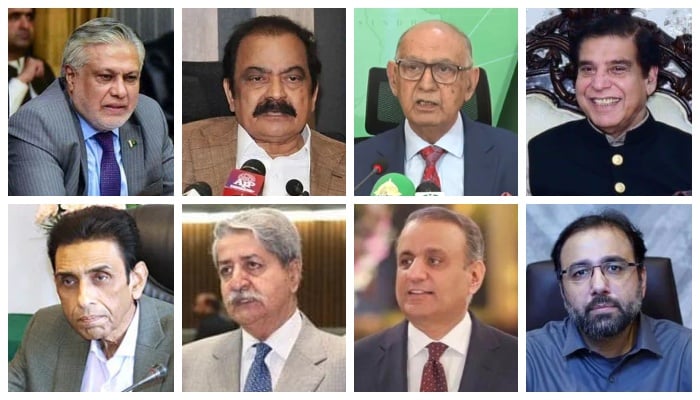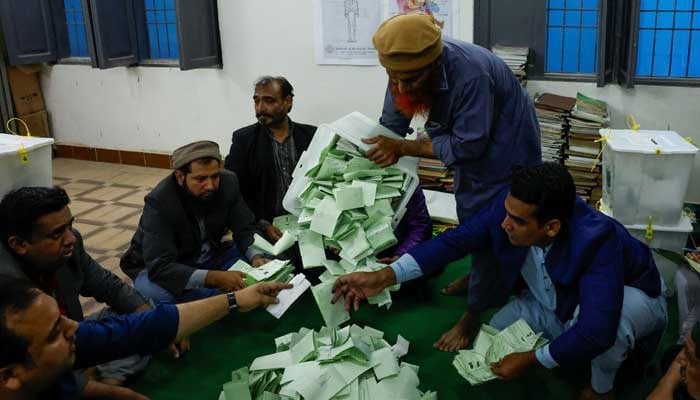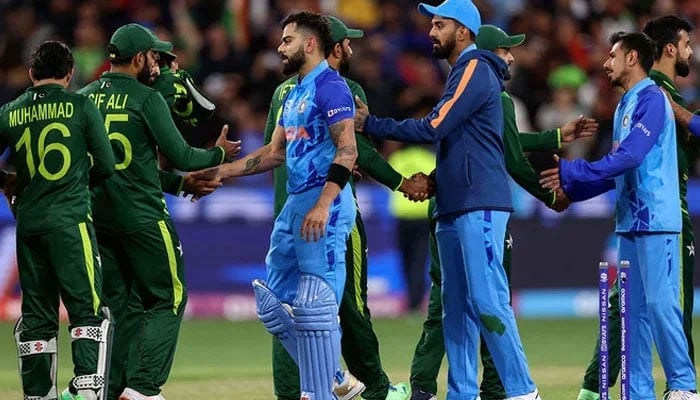Health
Carter’s centuries
字号+ Author:Smart News Source:Travel 2025-01-09 06:07:28 I want to comment(0)
JIMMY Carter’s extraordinary longevity partly accounts for his exceptional status among the US presidential pantheon. He was born when Calvin Coolidge occupied the White House, the Soviet Union was in its infancy, and European fascism still lay ahead — as did the Great Depression, which he experienced as a boy growing up on a peanut farm in the segregationist deep south. After a stint in the navy, he returned to Plains, Georgia, to work on the family farm, and entered politics at the local level as a successful rural capitalist, disguising his anti-racist sentiments to win election as state governor in 1970, and announcing his presidential ambitions a couple of years later — which prompted his down-to-earth mother to wonder, “president of what?” In the wake of Vietnam and Watergate, it should have been a slam dunk for any Democratic candidate, but Carter only narrowly won against Richard Nixon’s unelected successor, Gerald Ford. His purported ambition was a transformational presidency that would focus more on human rights in the foreign policy sphere, and combat racism, inequality and inefficiency at home. He also vowed to voters that he would always tell them the truth. No politician can afford to keep such a promise, but Carter was markedly less devious or dishonest than most of his predecessors and most of his successors — though that’s a low bar. The late centenarian’s mixed legacy lingers on. To his credit, he pardoned Vietnam-era draft resisters in the face of opposition, but rejected the idea of reparations for Hanoi on the absurd basis that there was ‘destruction on both sides’. His supposed passion for human rights was largely restricted to extracting minor concessions from the most brutal US allies, from Iran and Indonesia to Chile, instead of cutting off the aid that enabled their atrocities. At the same time, though, he established full relations with China and pursued normalisation with Cuba. Domestically, alongside token achievements on the social, educational and environmental fronts, his administration helped to mainstream the kind of Wall Street-approved neoliberalism that would shortly become the norm. In the international relations sphere, Carter is best remembered for hosting the Egypt-Israel talks that led to the Camp David accords, which sidelined the Palestinians, divided the Arab world, and facilitated the 1982 Israeli invasion of Lebanon that precipitated the Sabra and Shatila massacres. However, during his mostly laudable post-presidential forays on behalf of the Carter Centre — into conflict resolution, poll monitoring, disease eradication and housing supply — he found the time to pen or co-write more than 30 books. And, to his enduring credit, Carter refused to turn the other cheek when the Israel lobby and its acolytes heaped wrath and scorn on Palestine: Peace not Apartheid, based chiefly on its title. This wasn’t exactly a mea culpa for the inadequacies of Camp David, though, and nor was there ever any explicit expression of regret for conspiring with his anti-Soviet national security adviser Zbigniew Brzezinski to fund and arm Islamic fundamentalists in Afghanistan to provoke a disastrous military intervention by Moscow. The mujahideen misadventure, with Pakistan serving as a crucial conduit, ballooned under Ronald Reagan into the CIA’s largest covert operation, spawning the likes of Al Qaeda and the Taliban, and laying the foundations of the ‘war on terror’. The Carter administration had a tetchy relationship with Islamabad in the last months of Z.A. Bhutto’s rule, bristling at complaints about US backing for the opposition PNA, and diplomatic cables from 1977 point towards Washington’s complacency about July’s military coup, followed by a few insincere-sounding appeals for clemency once it was obvious that Ziaul Haq was determined to kill the nation’s first elected PM. Regime change did not shift the focus away from pressure against Pakistan obtaining a French nuclear reprocessing plant. The Zia regime was quick to proffer the begging bowl, redoubling its efforts following the communist takeover in Kabul in April 1978, and bending over backwards after the Brzezinski ploy succeeded in luring the Red Army into Afghanistan in 1979. Carter also faltered on other foreign fronts, not least Iran, amid a few successes such as the Panama Canal treaty. Anyhow, amid the occasionally nauseating panegyrics in mainstream Western media, it’s easy to concede that Carter did prove to be an exceptionally useful ex-president across more than four decades, and perhaps some aspects of his White House years have unfairly been derided, but none of that should distract from the depravities this devout Baptist’s presidency unleashed or reinforced at home and abroad. If there’s a moral reckoning in the afterworld, both sides of the ledger might turn out to be evenly weighted.
1.This site adheres to industry standards, and any reposted articles will clearly indicate the author and source;
 Related Articles
Related Articles-
مہگان مارکل نے شہزادہ ہیری کے خیال کی مخالفت کر کے انہیں رولا دیا۔
2025-01-09 05:42
-
بھارت میں جلاوطنی میں مقیم حسینہ کے خلاف دوسرا گرفتاری وارنٹ جاری (Bhaarat mein jalaawtni mein muqeem Hasina ke khilaaf doosra girftaari warrant jaari)
2025-01-09 05:28
-
روسی تیل ٹینکر سے تیل کا اخراج، درجنوں ڈالفن اور دیگر سمندری جانوروں کی ہلاکت کا سبب بنا
2025-01-09 04:00
-
امریکہ کے ویزے کی پروسیسنگ کے لیے سینکڑوں افغان افراد فلپائن پہنچ گئے ہیں۔
2025-01-09 03:49
 User Reviews
User Reviews Recommended Reads
Recommended Reads Hot Information
Hot Information- Hilarie Burton reveals 'One Tree Hill' reboot hasn’t been greenlit yet
- امریکی وزیر خارجہ بلینکن اپنی ایشیا اور یورپ کی دورہ کے دوران جنوبی کوریا کے سیاسی بحران میں مداخلت کرنے والے ہیں۔
- بائیڈن نے ٹرمپ کے حلف برداری سے قبل وسیع ساحلی علاقوں میں سمندری کھدائی پر پابندی عائد کردی
- روسی تیل ٹینکر سے تیل کا اخراج، درجنوں ڈالفن اور دیگر سمندری جانوروں کی ہلاکت کا سبب بنا
- 2025 میں لمبی اور صحت مند زندگی کیسے گزاری جائے؟
- امریکہ کے ویزے کی پروسیسنگ کے لیے سینکڑوں افغان افراد فلپائن پہنچ گئے ہیں۔
- ماؤیستوں کے جنگلاتی گڑھ میں جھڑپوں کے دوران چار باغی اور ایک ہندوستانی پولیس اہلکار ہلاک ہوگئے۔
- کینیڈا کا سیاسی بحران— آگے کیا ہو سکتا ہے؟
- بلی ایلیش نے اپنی زندگی کے خود کو نقصان پہنچانے کے مرحلے کو یاد کیا: مجھے ایسا محسوس ہوا جیسے...
 Abont US
Abont US
Follow our WhatasApp account to stay updated with the latest exciting content













